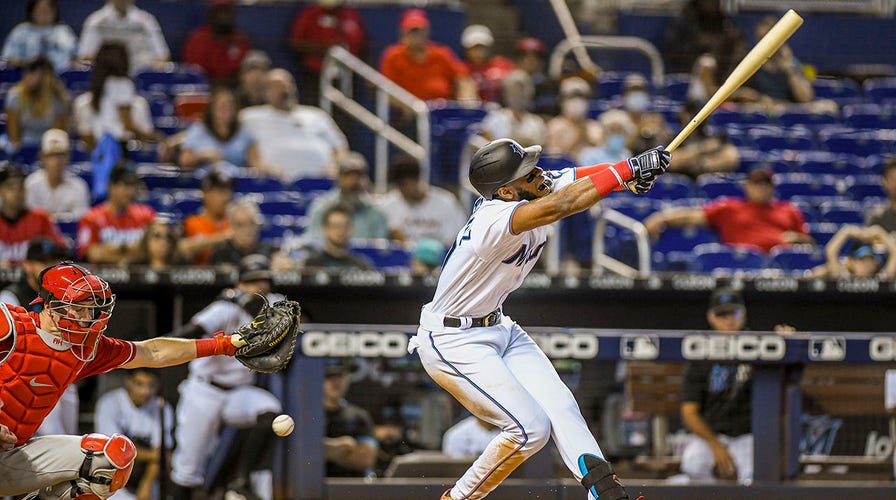The Growing Influence of MLB in Today’s Sports Landscape

Introduction
The Major League Baseball (MLB) has been a cornerstone of American sports culture since its inception in the 19th century. As America’s pastime, MLB not only entertains millions of fans yearly but also shapes societal dynamics through its history, community engagement, and economic impact. The relevance of MLB has grown as it adapts to contemporary challenges while retaining its tradition.
Recent Developments in MLB
As of 2023, MLB has embarked on several initiatives to enhance the fan experience and streamline the game. One significant change is the implementation of a pitch clock, designed to expedite play and maintain viewer engagement. This decision reflects a broader trend aimed at attracting younger audiences who prefer faster-paced sports. The new rules have received mixed reviews from players and fans alike, but early data suggests that game duration has decreased by approximately 25 minutes, allowing for a more dynamic viewing experience.
Additionally, MLB has expanded its reach through technology and international games. The recent showcase in London featuring the St. Louis Cardinals and the Chicago Cubs attracted a diverse crowd and highlighted the league’s attempts to broaden its global fanbase. With the increasing popularity of baseball in countries like Japan and South Korea, MLB’s strategy includes further international partnerships and exhibition games.
Economical and Cultural Impact
The economic significance of MLB cannot be overstated. According to a report from the National Bureau of Economic Research, MLB contributes over $14 billion to the U.S. economy annually. This includes job creation and revenue for local businesses surrounding stadiums. Furthermore, the league has made strides in promoting diversity and inclusion through programs like Player Development and the MLB Diversity Fellowship, aiming to ensure representation across all levels of the sport.
Conclusion
The evolving landscape of Major League Baseball illustrates its importance not only as a source of entertainment but also as a cultural institution. By embracing change while honouring its rich history, MLB is set to maintain its relevance in a competitive sports market. Looking ahead, it is crucial for the league to continue engaging with younger generations and exploring new technologies, ensuring that baseball remains a vital part of sports culture for years to come. Fans and stakeholders alike should watch these developments closely as MLB navigates its future.








